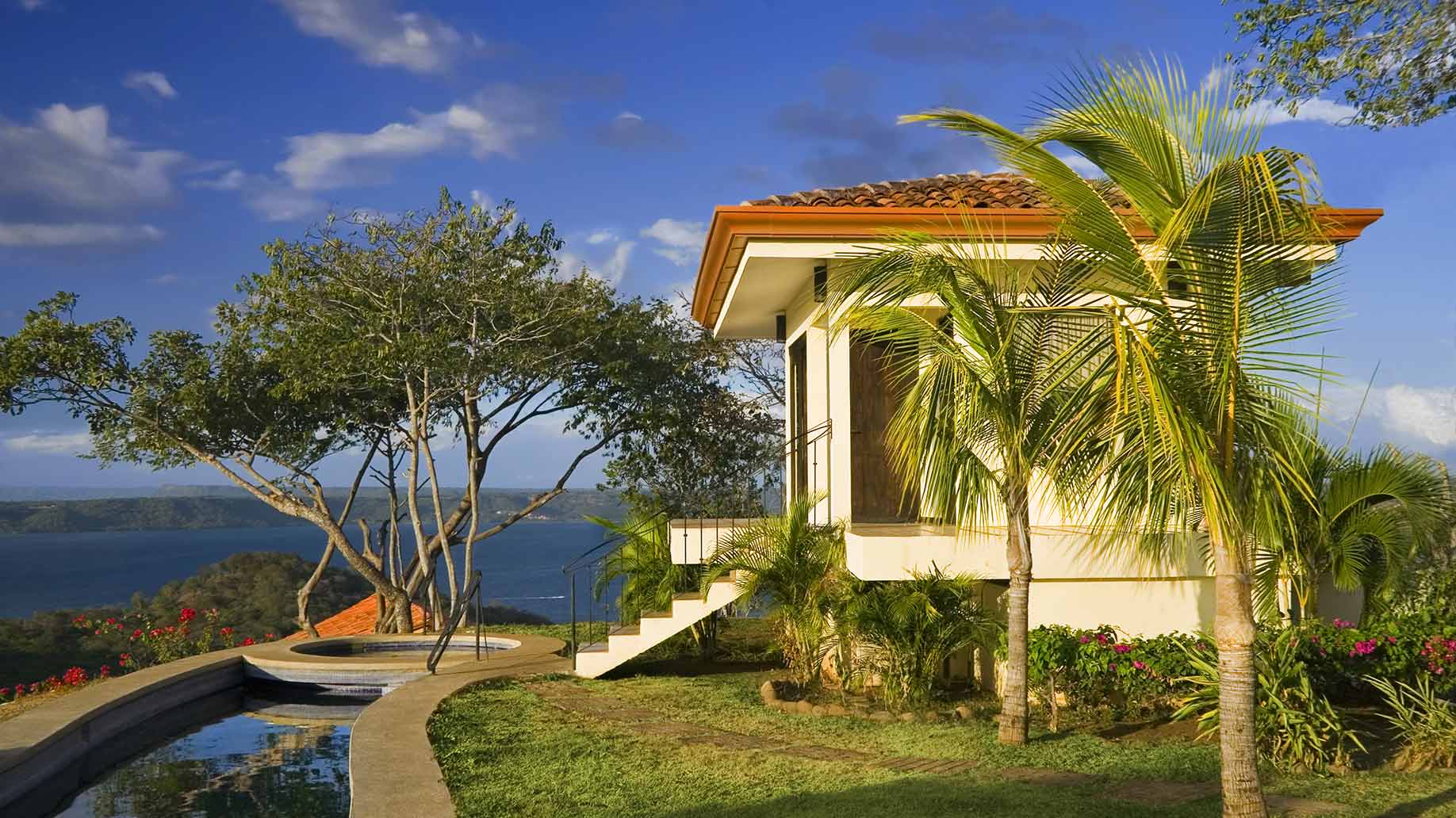Buy land for off grid living – Buy land for off-grid living: Imagine a life unbound by the constraints of city life, a life where the rhythm of nature dictates your day. This isn’t just a dream; it’s a tangible possibility, a chance to build a self-sufficient haven tailored to your desires. This guide will equip you with the knowledge and strategies to navigate the journey from urban dweller to off-grid pioneer, transforming your vision of freedom into a breathtaking reality.
We’ll delve into everything from finding the perfect plot to securing the necessary resources and building a sustainable future.
This comprehensive guide unravels the complexities of off-grid living, addressing the crucial aspects of land acquisition, legal considerations, financial planning, infrastructure development, community engagement, and environmental responsibility. We’ll explore diverse land types, compare regional pricing, and Artikel step-by-step processes for obtaining permits and securing essential resources like water and energy. Discover how to create a budget, manage expenses, and minimize your environmental footprint while embracing a lifestyle of self-sufficiency and connection with the natural world.
Legal and Regulatory Aspects
Embarking on the journey to off-grid living requires navigating a complex landscape of legal and regulatory hurdles. Understanding these requirements is crucial to ensuring a smooth and legally sound transition to your self-sufficient haven. Failure to comply can result in costly fines, legal battles, and even the forced dismantling of your project. This section will illuminate the key legal aspects to consider before, during, and after acquiring your off-grid property.
Jurisdictional Variations in Land Purchase and Development
The legal requirements for purchasing and developing land for off-grid living vary significantly depending on your location. State, county, and even local regulations can differ dramatically. For instance, obtaining a building permit for a small cabin in a rural county might be relatively straightforward, while constructing a similar structure in a more densely populated area could involve numerous permits and rigorous inspections.
Some jurisdictions may have specific regulations concerning water rights, septic systems, and the use of renewable energy sources. Always conduct thorough research into the specific regulations of your target area before making any purchase. Consulting with a local attorney specializing in land use and zoning is highly recommended.
Zoning Laws and Building Codes for Off-Grid Construction
Zoning laws dictate how land can be used within a specific area. These laws often restrict the types of structures allowed, their size, and their proximity to property lines and natural features. Building codes Artikel the minimum standards for construction, including safety requirements for electrical systems, plumbing, and structural integrity. Off-grid projects often face unique challenges in meeting these codes, especially regarding alternative energy sources and wastewater disposal.
For example, a jurisdiction might require a specific type of septic system, or limit the height of wind turbines based on proximity to neighbors. Understanding these restrictions beforehand allows for planning and design that ensures compliance.
Common Legal Pitfalls to Avoid, Buy land for off grid living
Several common legal pitfalls can derail off-grid dreams. Purchasing land with undisclosed easements or encumbrances can severely limit your use of the property. Failing to obtain necessary permits before beginning construction can lead to costly delays and fines. Improperly handling water rights can result in legal disputes with neighbors or water management agencies. Ignoring environmental regulations can result in substantial penalties.
A comprehensive title search and diligent research into local regulations are crucial steps in mitigating these risks. For example, a seemingly idyllic piece of land might have a pre-existing conservation easement that restricts development, or a hidden right-of-way that impacts building placement.
Step-by-Step Guide to Obtaining Off-Grid Permits
The process of obtaining necessary permits for an off-grid dwelling typically involves several steps.
- Initial Site Assessment: Conduct a thorough assessment of your land to determine its suitability for off-grid living, considering factors like water sources, soil conditions, and access to utilities.
- Preliminary Plans and Designs: Develop preliminary plans and designs for your off-grid dwelling and related infrastructure, ensuring they comply with local building codes and zoning regulations.
- Permit Application Submission: Submit a complete permit application to the relevant authorities, including all necessary plans, specifications, and supporting documentation. This might involve applications for building permits, septic permits, well permits, and possibly others depending on your project.
- Permit Review and Approval: The authorities will review your application and may request additional information or revisions. This process can take several weeks or even months, depending on the complexity of the project and the workload of the permitting agency.
- Construction and Inspections: Once permits are approved, you can begin construction. Regular inspections by the authorities will be scheduled to ensure compliance with building codes and approved plans.
- Final Inspection and Certificate of Occupancy: Upon completion of construction, a final inspection will be conducted. If everything meets the required standards, you will receive a certificate of occupancy, allowing you to legally occupy your off-grid dwelling.
Embarking on the journey to buy land for off-grid living is a significant undertaking, but the rewards—freedom, self-reliance, and a profound connection with nature—are immeasurable. This guide has provided you with the essential tools and insights to navigate this exciting path, empowering you to make informed decisions and build a sustainable, fulfilling life beyond the grid. Remember, meticulous planning and a proactive approach are key to success.
Embrace the challenge, and let your off-grid dreams become a vibrant reality.
Key Questions Answered: Buy Land For Off Grid Living
What are the typical closing costs when buying off-grid land?
Closing costs vary significantly by location and the specifics of the sale, but typically include appraisal fees, title insurance, survey costs, and transfer taxes. Expect to budget 2-5% of the purchase price for these costs.
How do I find a reputable land surveyor for off-grid property?
Seek recommendations from local builders, real estate agents specializing in rural properties, or your local planning office. Check online reviews and verify licensing and insurance.
What are some common mistakes to avoid when buying off-grid land?
Common mistakes include insufficient due diligence (e.g., neglecting soil testing or environmental assessments), overlooking access issues (roads, utilities), and failing to thoroughly understand local zoning regulations and building codes.
What kind of insurance do I need for off-grid property?
You’ll need property insurance, which may be more challenging to secure for off-grid locations due to higher risks. Liability insurance is also crucial. Discuss your specific needs with multiple insurers.
Finish your research with information from best state for off grid living.


